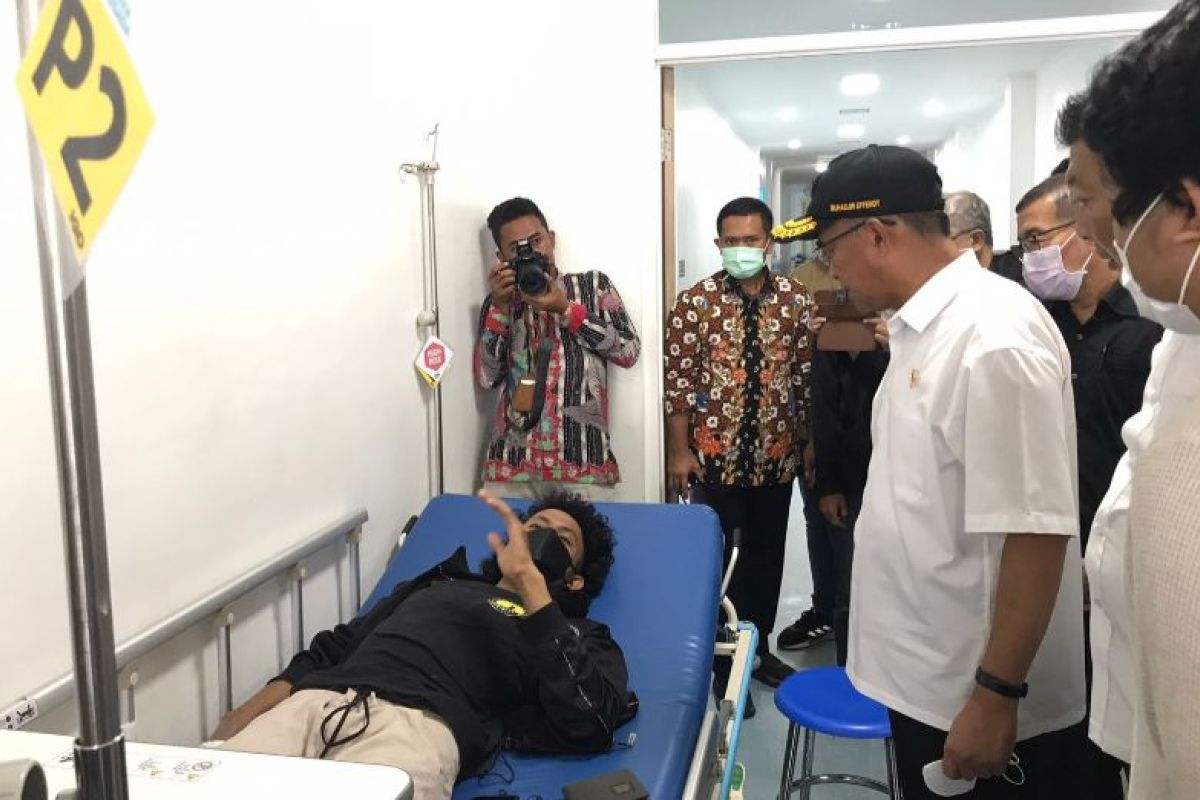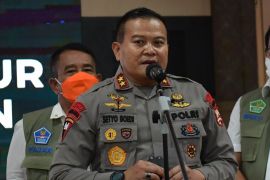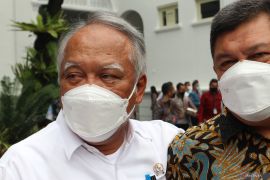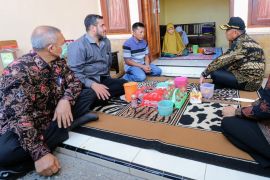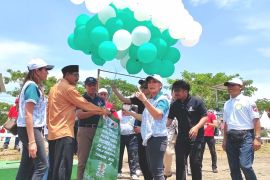Effendy noted that while visiting the Kanjuruhan tragedy victims undergoing treatment at several hospitals in Malang, he noticed that several of them had experienced trauma.
"There are grown men experiencing trauma, and there are also children experiencing trauma. In fact, to this day, there are children, who are unable to speak since they still experience trauma," he remarked.
To this end, the government expects that the trauma healing service will help in the psychological recovery process, he remarked.
Several parties are involved in the trauma healing service, Effendy noted.
"In the trauma healing service, everyone participates and plays an active role, starting from district government, provincial government, to public organization," he stated.
In fact, several local universities have also deployed a team to cooperate with the government in providing trauma healing service for the victims of Kanjuruhan tragedy.
"I will also continue to directly monitor the situation until it is resolved," he remarked.
Health Quality Improvement and Population Development at the Ministry Agus Suprapto explained that trauma healing is necessary for those psychologically experiencing unusual incidents that are traumatic in nature.
"Each individual has a different level of psychological tolerance. There is a case wherein a single event can be a very strong memory that it gives the side effect of fear for an individual," he pointed out.
In connection with this, the government prepares trauma healing service as a form of handling trauma for the victims of Kanjuruhan tragedy, he noted.
Related news: Final death toll in Kanjuruhan Stadium disaster reaches 131: Police
Related news: KPAI seeks solutions from fact-finding team for child-safe stadiums
Related news: Under one-month task completion target for TGIPF: President
Translator: Wuryanti P, Fadhli Ruhman
Editor: Sri Haryati
Copyright © ANTARA 2022
